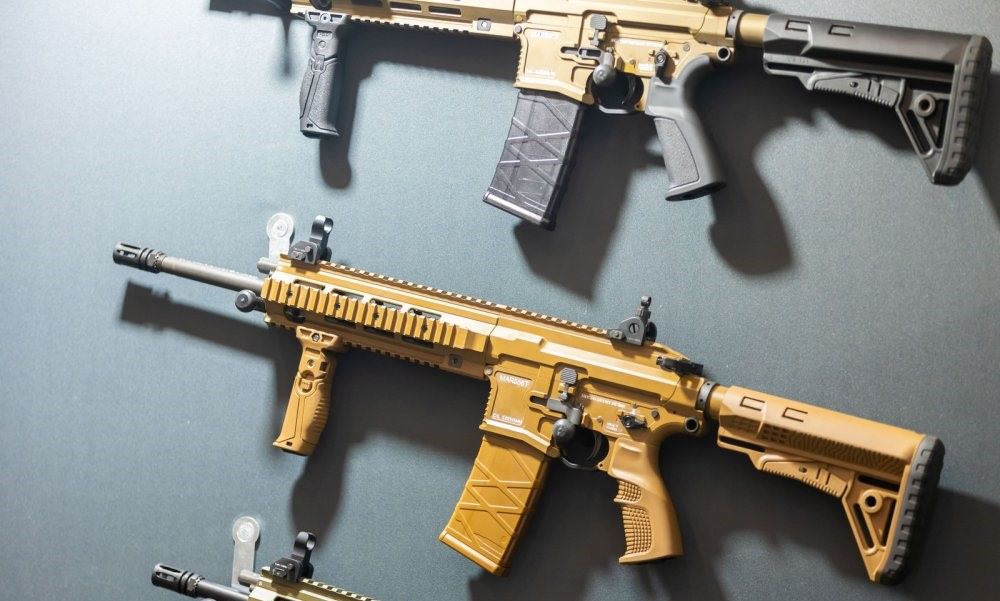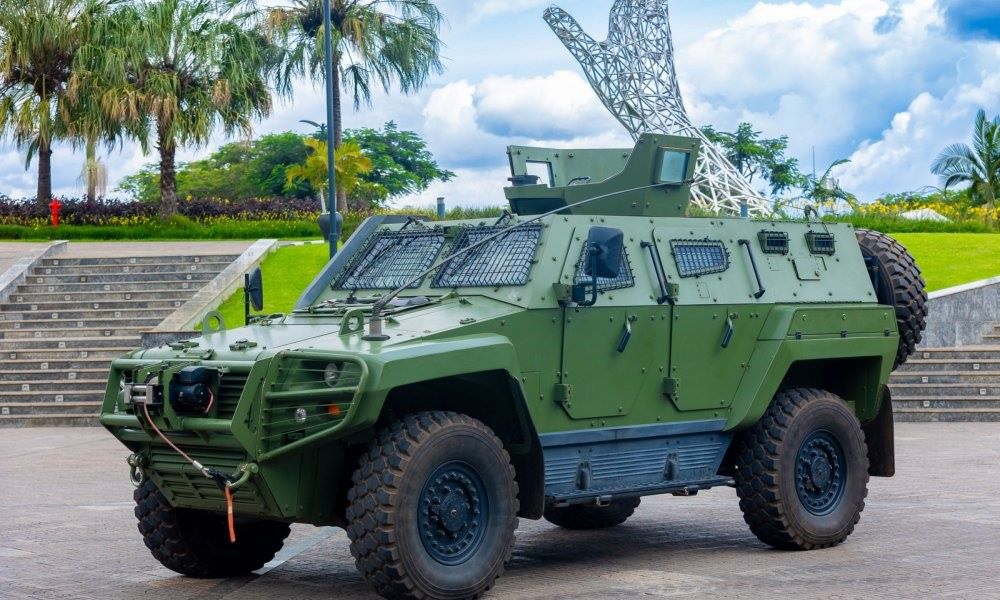When you think of a military secret, your mind might jump to missiles hidden in underground bunkers or generals whispering war plans in shadowy rooms.
But in Rwanda’s latest Presidential Order No. 013/01 of 25 August 2025, a surprising revelation emerges that the very things that seem ordinary to the public, from uniforms to communication gadgets, are now officially classified as “state secrets”.
This new order, published in the Official Gazette on 27 August 2025, updates the list of what Rwanda considers “military classified assets.”
For a country that values both transparency and tight security, the move strikes a careful balance: informing the public while ensuring the nation’s defense tools remain shielded from hostile eyes. But what exactly falls under this category, and why should ordinary citizens care?

A broad definition of secrets
The order begins with a simple goal of protecting Rwanda’s sovereignty and national security. It then lays out, in legal precision, a wide range of assets that are to be treated as ‘classified’. These include, among others;
Weapons, systems, and ammunition including rifles, heavy artillery and sophisticated defense systems.
Military vehicles such as tanks, armored carriers, light and heavy trucks, all designed for combat or support.
Aircraft which includes fighter jets, helicopters, and unmanned aerial vehicles (drones) with their accessories.
Information and communication devices such as radars, radios, telephones, cameras, and even specialized computer software.
Installations comprising the General Headquarters, barracks, ammunition depots, military factories, and industries tied to defense.
Uniforms and accessories including every badge, every symbol, and every piece of cloth that represents Rwanda’s Defence Force (RDF).
Imports and exports of military equipment including the documents and information linked to them.
In brief, the law casts a wide net, it does not just cover the guns and planes, but also the supply chains, the clothing, and the data systems that support them.
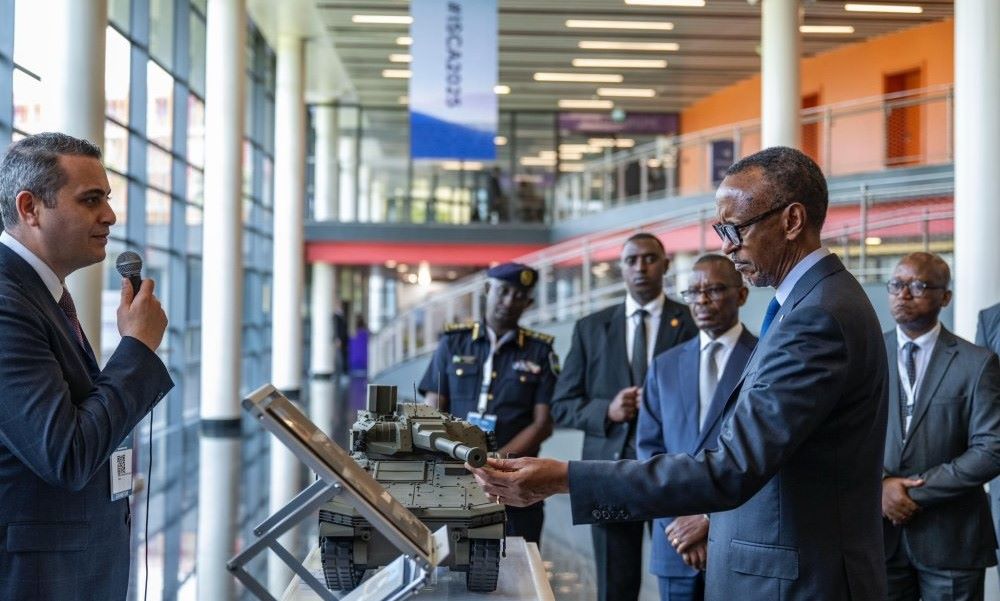
Why classify uniforms and radios?
One detail that stands out is the classification of uniforms and accessories. To many civilians, a uniform may appear to be just a garment. But globally, fake military uniforms have been used in espionage, organized crime, and even terrorist infiltration.
According to the new law, by classifying uniforms as secret assets, Rwanda ensures that the integrity of its Defence Force cannot be easily imitated.
Similarly, radios, cameras, and computer software may sound ordinary, but they are the lifeblood of modern warfare. In an era where cyber-attacks and surveillance dominate, controlling who has access to these tools is as critical as securing a tank.
Oversight and audits
The order does not stop at naming what is classified, it also explains how these assets will be managed. Audits of military classified assets will follow instructions from the Commander-in-Chief of the RDF, ensuring that secrecy is not an excuse for mismanagement.
This layer of oversight reassures citizens that while details remain hidden, accountability remains intact.
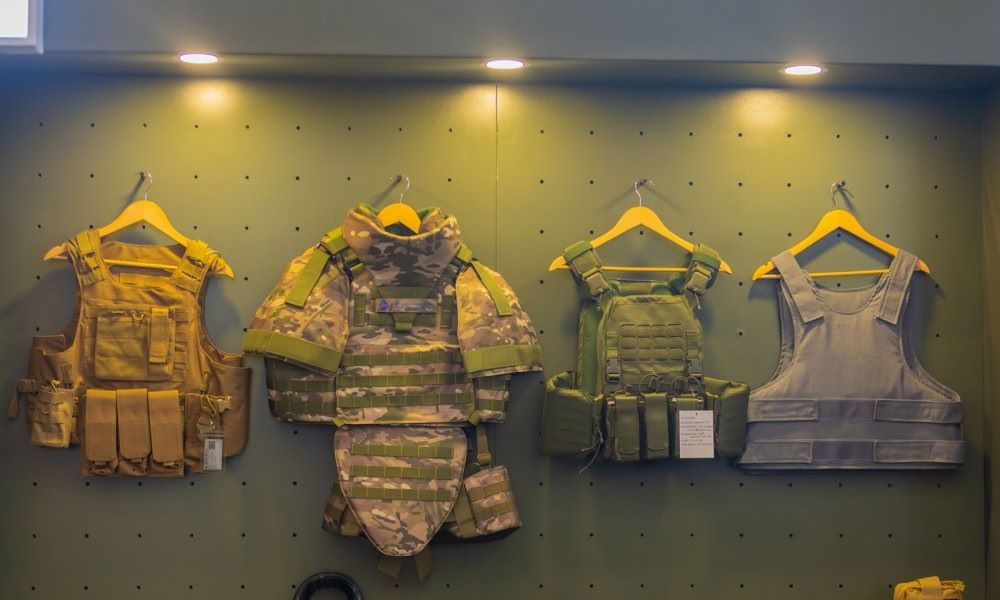
Replacing a 2012 Law
Interestingly, this new order replaces Presidential Order No. 35/01 of 2012, which previously defined classified assets. The update reflects Rwanda’s recognition that the nature of warfare has changed.
For instance, ten years ago, drones and cyber tools were not as central to national defense as they are today. By modernizing the list, Rwanda signals that it is adapting to emerging threats.
Why it matters to the public
At first glance, the law may appear to concern only the military. But it matters deeply to ordinary citizens. First, it reassures the public that Rwanda is systematically protecting its sovereignty in a volatile world.
Second, it signals that Rwanda understands the blurred lines between civilian and military technology, after all, smartphones, drones, and digital software are no longer tools of soldiers alone.
Finally, it reminds Rwandans that security is not just about what you see on the parade ground. It is also about the unseen layers of protection: the communications guarded against interception, the uniforms that cannot be faked, the imported machinery tracked with utmost secrecy.
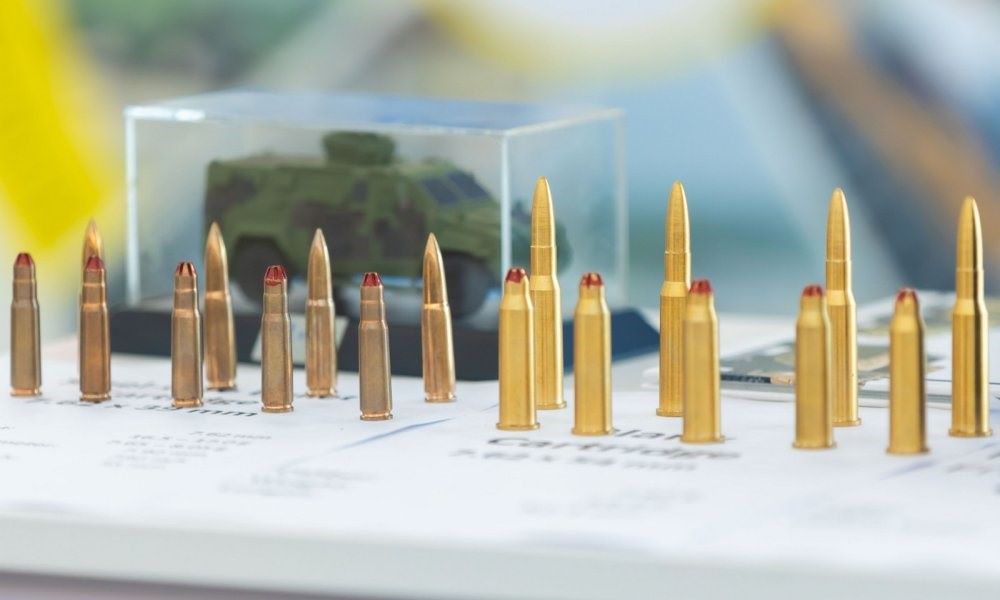
A nation guarded in silence
In the end, Rwanda’s move to update its military secrecy laws is a quiet but powerful reminder that true defense is not always loud or visible. Sometimes, it is stitched into a uniform, encrypted in a radio wave, or hidden in a warehouse whose location you may never know.
For Rwandans, the new Presidential Order is more than a legal document, it is a message that the country’s shield is constantly being sharpened, even in silence.
